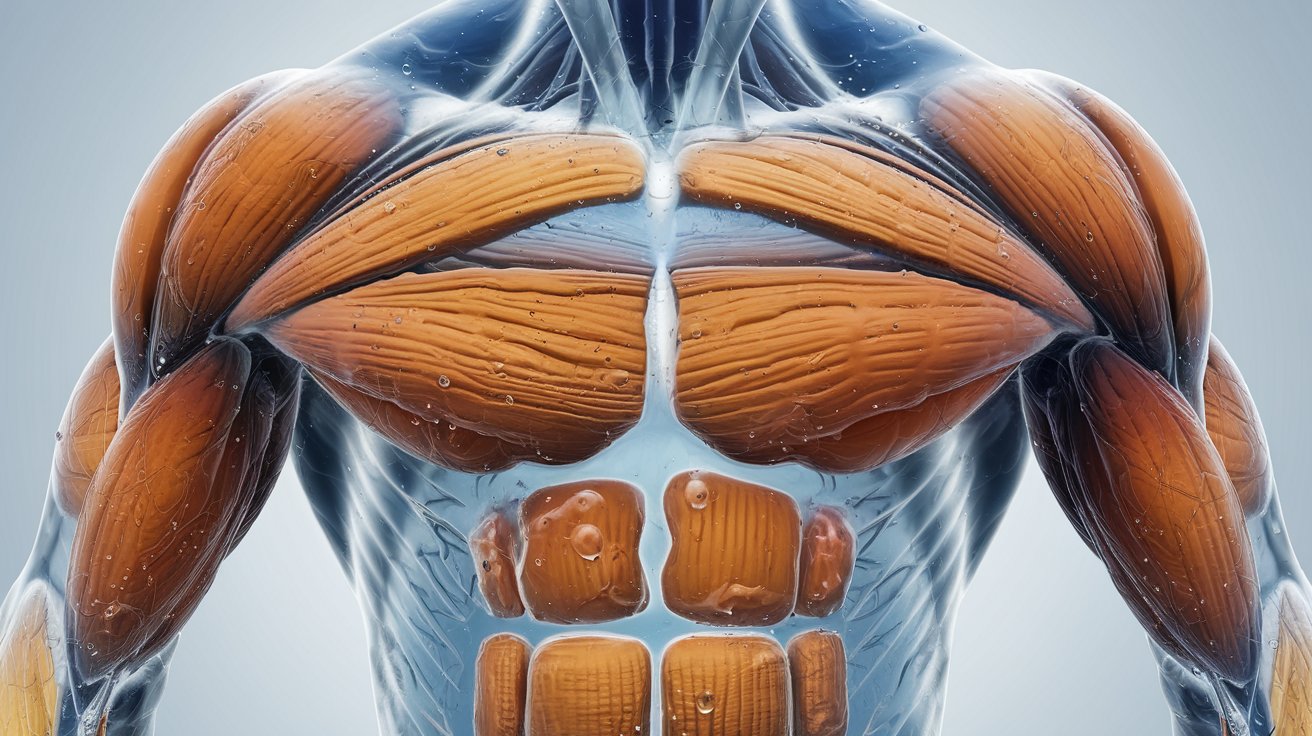Could your workout lack that extra ingredient that will get you that edge you always wanted or needed? Creatine is one of those supplements that seem too good to be true: if you’ve ever reached a plateau in your training or pondered how to increase your strength, it could be the answer. It has been debated commonly by enthusiasts in the fitness world what this supplement is and why it is considered such a booster.
What is Creatine?
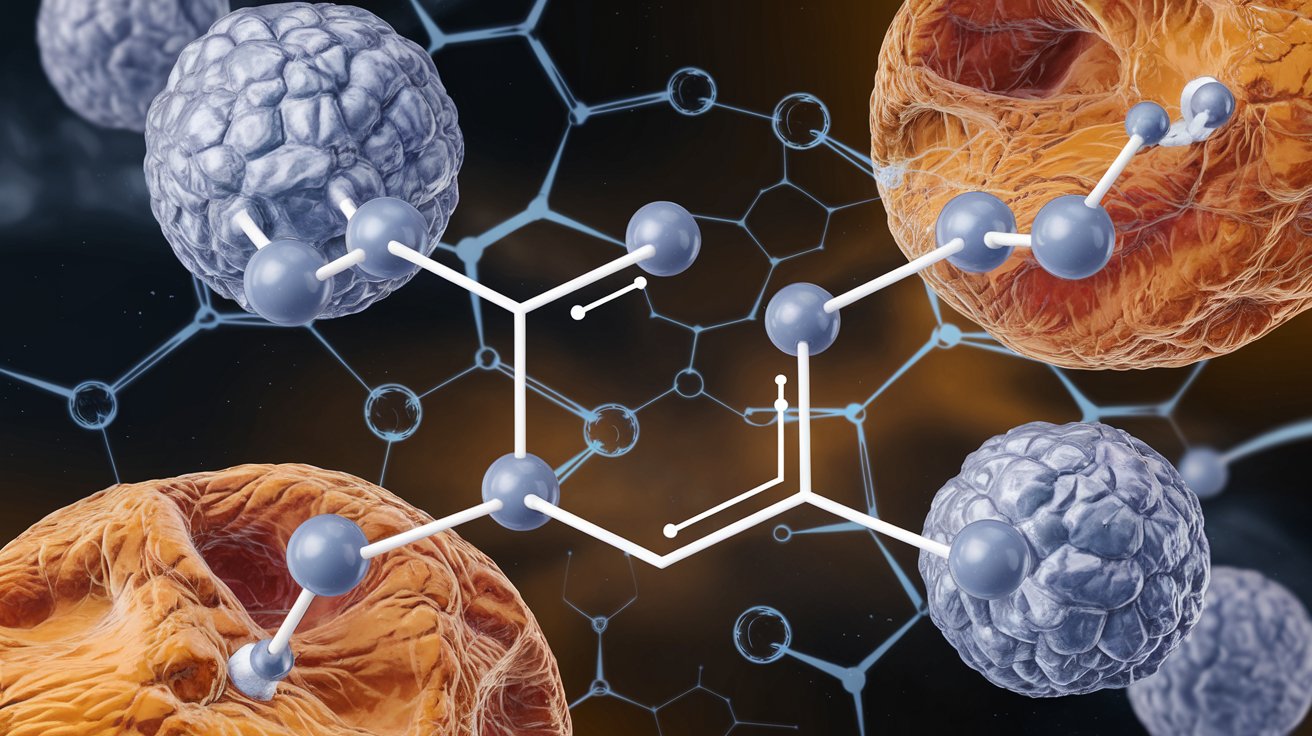
Creatine is a compound that occurs in the muscles and it is in a natural form. It primarily comprises three amino acids: L-arginine, glycine and L-methionine. Creatine is endogenous, though a portion of it is derived through diet, particularly, red meat and fish.
Creatine is involved in the synthesis of adenosine triphosphate (ATP), which is the energy currency of cells. Low-intensity exercises, whether for a short burst of activity or in lifting weights, call on ATP that has been stocked originally. However, these ATP stores are so-called “deck stores” and last only a few seconds. Creatine aids in the replenishing of ATP stores as they enhance the endurance of athletes to endure in their efforts.
Benefits of Creatine
Enhanced Athletic Performance

Out of all the supplements, creatine is the most well-known for enhancing performance in short bursts, and high-intensity exercises. Research evidence also suggests that supplementation with creatine improves regular and repetitive strength and power with concurrent increases in muscle mass – meaning that it is more suitable for weight trainers, sprinters and any individual whose activities involve explosive power.
This is the reason creatine helps the muscles to produce more energy – so that you may exert more force during exercise or training, hence improving the performance and physical endurance and speedier muscle recovery in between the sets.
Increased Muscle Mass

In the human body, creatine is best known for its link with the muscles, and this is in the right sense. It enhances muscle fullness as well as hypertrophy since it enhances the uptake of water by the muscle cells; Protein synthesis though is also promoted by regular workouts.
Also, creatine can enhance the workload during resistance training sessions and this enhances the growth of muscles in the long run.
Improved Recovery

This is not only about power but about the ability to regain it as well: creatine. Muscle cell damage and inflammation are caused by intense exercises and applying this can decrease the rate of muscle soreness and thus improve recovery time.
Injury recovery also enables the athlete to work at a quicker rate and better capacities leading to consistent enhancement and eventual permanent enhancement.
Cognitive Benefits

Recent research also points to the revelation that creatine also produces some cognitive advantages. The brain just like muscles needs large quantities of energy if it is to function to the optimum level. Supplementation with creatine has been associated with enhanced memory, enhanced cognitive functioning and resistance to mental fatigue especially where intensive thinking and decision making is encountered.
This makes creatine an interesting supplement for not only the athlete but also for the individual wanting to boost their brain power.
Support for Various Medical Conditions
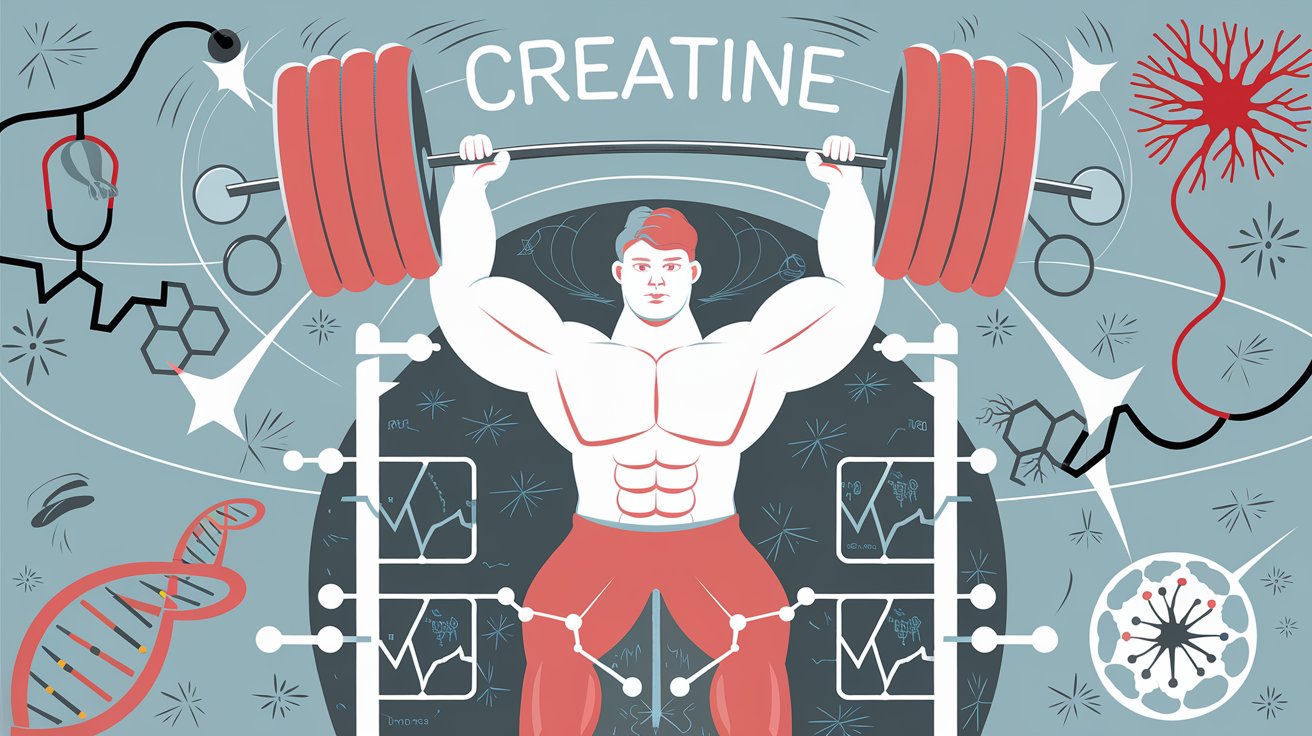
Apart from the physiological and neuromuscular effects, creatine has widely extended its therapeutic applications for different ailments. It has promising applications in the treatment of neurological disorders like Parkinson’s disease, Huntington’s disease and muscular dystrophy because of its efficacy in preserving cellular energy and preventing oxidative stress.
Potential Side Effects of Creatine
As with any substance, there are possible side effects associated with creatine use and they include the following. While creatine is one of the most researched and widely used supplements, it’s important to consider potential side effects
Water Retention
Water is one of the major known side effects that are associated with the use of creatine. Creatine involves the transportation of water into the muscle cells and therefore will result in a slight swelling of the muscle and thereby weight gain. While this might not be much of a problem, it can be rather awkward for some people particularly those who are looking to shed some weight.
Gastrointestinal Issues

Creatine side effects include stomach aches, diarrhea or nausea in some people especially when they have taken large quantities of the product. To avoid these it is advised that one use a lower dose and gradually build up or that one uses creatine with food.
Kidney Concerns
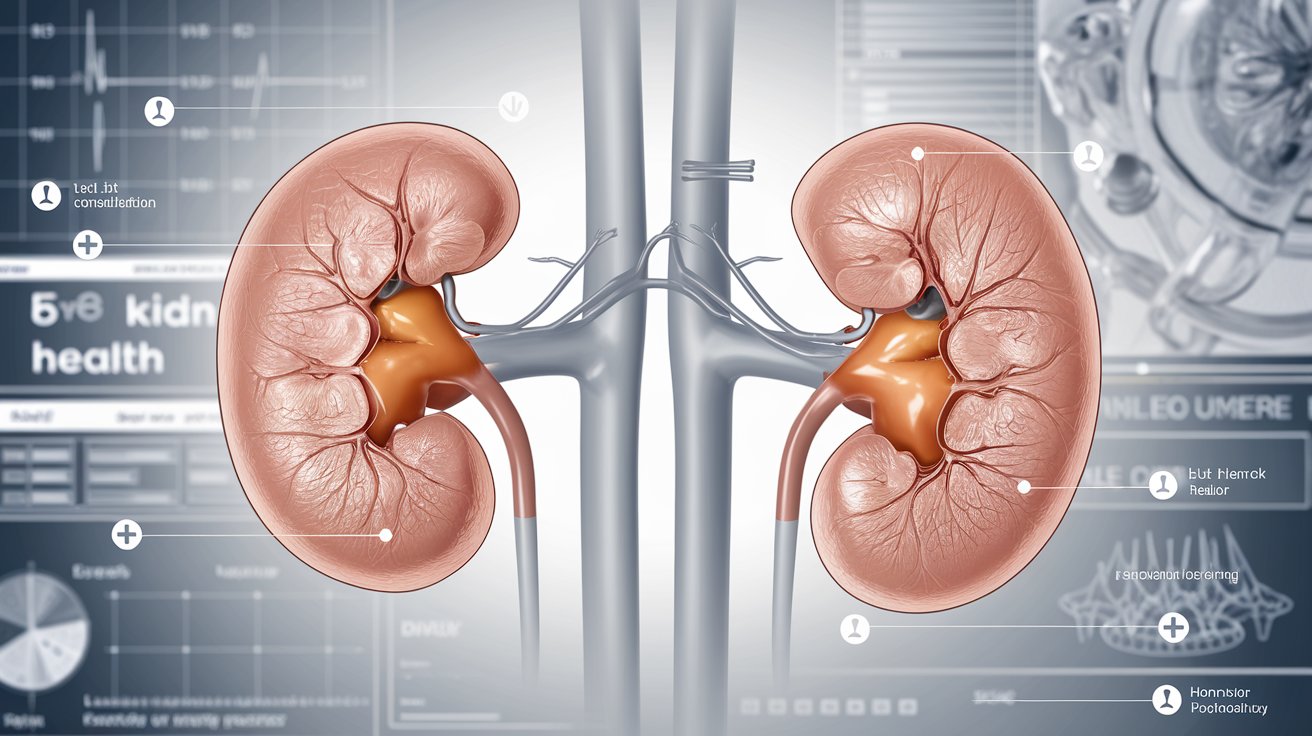
Issues that have been raised concerning the use of creatine have been in regards to its sol effects on kidneys and these are particularly applicable to those patients who are diagnosed with kidney disorders. However, a lot of research studies have revealed that creatine is not dangerous for healthy people especially when used under recommended dosage. It is, therefore, important for people with past problems in the kidneys to seek the advice of a doctor before using creatine products.
Dehydration and Muscle Cramping

This is because creatine has water-retaining effects on muscles hence making a person vulnerable to dehydration if he/she does not drink sufficient water. This can also lead to developing muscle cramps when one is exercising. To avoid this, one must ensure that they take enough water while intake creatine supplements.
Possible Drug Interactions

It is also important to note that creatine can have an effect with some medications like Diuretics, and other medications that affect the Kidneys. It’s also important to consult your doctor if you are on prescription drugs to determine whether or not creatine will affect any of the prescribed drugs.
How to Take Creatine Correctly
To reap the benefits of creatine while minimizing side effects, consider the following tips:
Start with a Loading Phase:
Some of the users choose the so-called loading phase where for 5-7 days one consumes approximately 20 grams of creatine per day thus achieving the maximal intra-muscular concentration. They then begin to take a maintenance dose of between 3-5 grams per day thereafter after which they can start taking other prescription drugs. This method is not required for everybody, but such an approach promises a quicker outcome.
Consistency is Key:
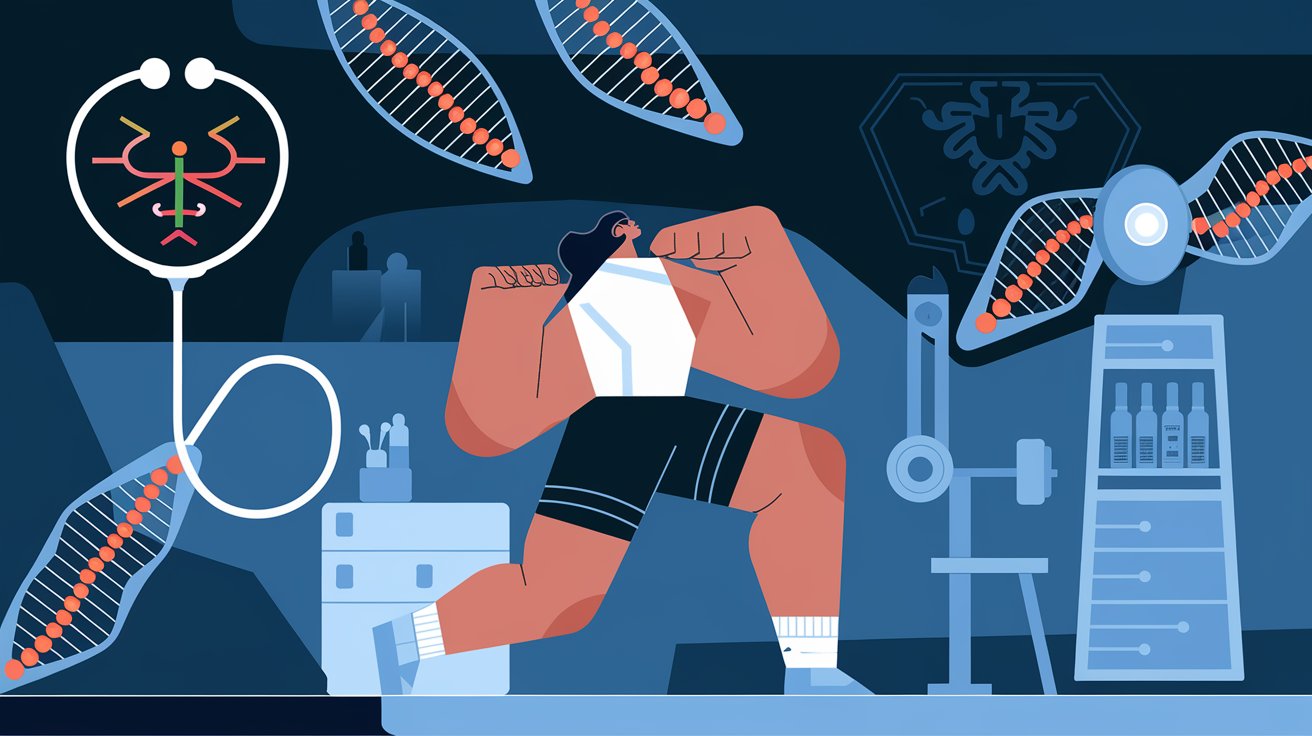
Another important aspect that should be noted is that creatine supplements have to be taken regularly. Failure to take them regularly can affect their efficacy which means that you need to incorporate them in your daily schedule.
Stay Hydrated:
Make sure to take lots of water throughout the day to compensate for the ‘extra’ water held in your muscles in a bid to avoid getting dehydrated.
Combine with a Balanced Diet:
It is most effective when taken together with protein and carbohydrate-rich meals which help in muscular development.
Monitor Your Body:
While taking creatine it is advisable that you closely monitor your body's reactions to supplements. Some of the side effects may include; if you encounter any of these effects then it will be wise to seek the advice of a medical practitioner or reduce your dosage.
For more such content, check out our blogs on Health Benefits!
Conclusion
Creatine is not only for bodybuilders but it is an effective tool that will increase athletic performance and muscular strength, not to mention the cognitive effects. More precisely, it turned out that creatine is rather useful if applied appropriately and without reckless consumption. However, as with any supplement, it is to be well-informed and a little careful and mindful of only the positive aspects of the vitamin supplement.
Therefore, are you prepared to get all you can out of your workouts with creatine? Be it an athlete willing to perform at his/her best or a layman willing to take a turn for the better as far as health is concerned, creatine is probably what you have been missing.


